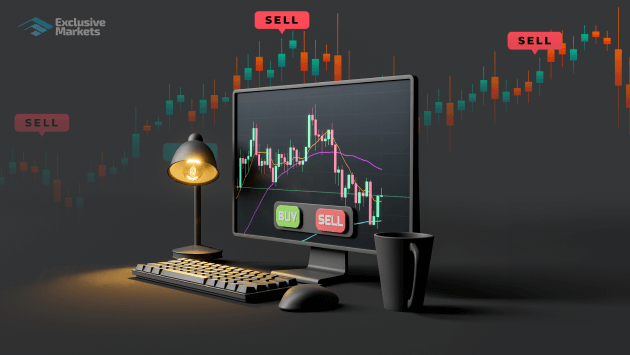
Understanding Islamic Forex Trading: Principles and Practices
The world of Forex trading has become increasingly popular over the years, attracting millions of traders globally. However, for Muslim traders, engaging in Forex trading involves adhering to Sharia law, which necessitates a comprehensive understanding of Islamic financial principles. islamic forex trading https://tradingarea-ng.com/, detailing its fundamental principles, the challenges faced by Muslim traders, and the importance of ethical investment practices.
What is Islamic Forex Trading?
Islamic Forex trading refers to the practice of trading currencies in a manner that complies with Islamic law (Sharia). This form of trading prohibits certain actions that are deemed haram (forbidden) in Islam, such as earning interest (riba) and engaging in excessive speculation (gharar). Islamic Forex trading platforms cater specifically to Muslim clients by offering Sharia-compliant trading accounts and instruments.
Key Principles of Islamic Finance

To understand Islamic Forex trading, it’s essential to grasp some core principles of Islamic finance, which are:
- Prohibition of Riba: In Islamic finance, earning interest on loans or savings is forbidden. Therefore, Islamic Forex accounts do not involve any swap fees that would accrue overnight interest.
- Risk Sharing: Investments should involve risk-sharing between parties. This is critical in Forex, where both profit and loss are shared.
- Prohibition of Gharar: Transactions that involve excessive uncertainty and ambiguity are not allowed. Thus, all investment contracts must be clear and transparent.
- Ethical Investing: Investments must align with moral and ethical standards as defined by Islamic teachings. Investments in prohibited (haram) industries, such as alcohol, gambling, and pork, are not permissible.
How Does Islamic Forex Trading Work?
Islamic Forex trading is facilitated through specially designed trading accounts known as Islamic accounts or swap-free accounts. These accounts are structured to eliminate interest-related components, allowing Muslim traders to participate in Forex trading without violating Islamic principles. Here are a few key characteristics of Islamic Forex accounts:
- No Swap Fees: Islamic accounts do not incur swap fees, which are typically charged for holding positions overnight in conventional trading accounts.
- Fixed Spreads: Some Islamic Forex brokers offer fixed spreads for their trading instruments, ensuring that traders have clarity about their costs.
- Compliance with Sharia: Brokers providing Islamic trading accounts ensure that their services are in full compliance with Sharia law, which can include screenings for ethical investments.
Choosing a Reliable Islamic Forex Broker
Selecting a trustworthy Islamic Forex broker is crucial for Muslim traders. Here are some criteria to consider when evaluating potential brokers:

- Sharia Compliance: It’s essential to confirm that the broker offers account types that comply with Islamic law. Look for brokers who provide clear documentation regarding their Islamic trading conditions.
- Regulation and Licensing: Ensure that the broker is regulated by a reputable financial authority. Regulation can provide an added layer of security for traders.
- Trading Platform: A user-friendly and reliable trading platform can significantly enhance the trading experience. Ensure the broker supports advanced tools for analysis and trading.
- Customer Support: Efficient customer service is important, especially for new traders who may have questions about the trading process or specific products.
Challenges of Islamic Forex Trading
While Islamic Forex trading offers a way for Muslim traders to engage in the foreign exchange market, several challenges can arise:
- Limited Options: Some trading platforms may have a limited range of instruments available for trading on Islamic accounts, which can restrict traders from diversifying their portfolios effectively.
- Higher Costs: In some cases, the absence of swap fees may result in increased spreads or commissions, which could lead to higher overall trading costs.
- Market Volatility: Forex markets are inherently volatile, and while this presents opportunities for profit, it can also lead to significant losses, which must be approached cautiously.
Conclusion
Islamic Forex trading represents a viable avenue for Muslim traders to engage in financial markets while complying with their religious beliefs. By understanding the principles of Islamic finance and choosing the right brokers, traders can participate in Forex trading ethically and responsibly. As the Forex market continues to grow, the demand for Islamic trading options is likely to increase, making it imperative for brokers to develop Sharia-compliant solutions that cater to this diverse and expanding demographic.
